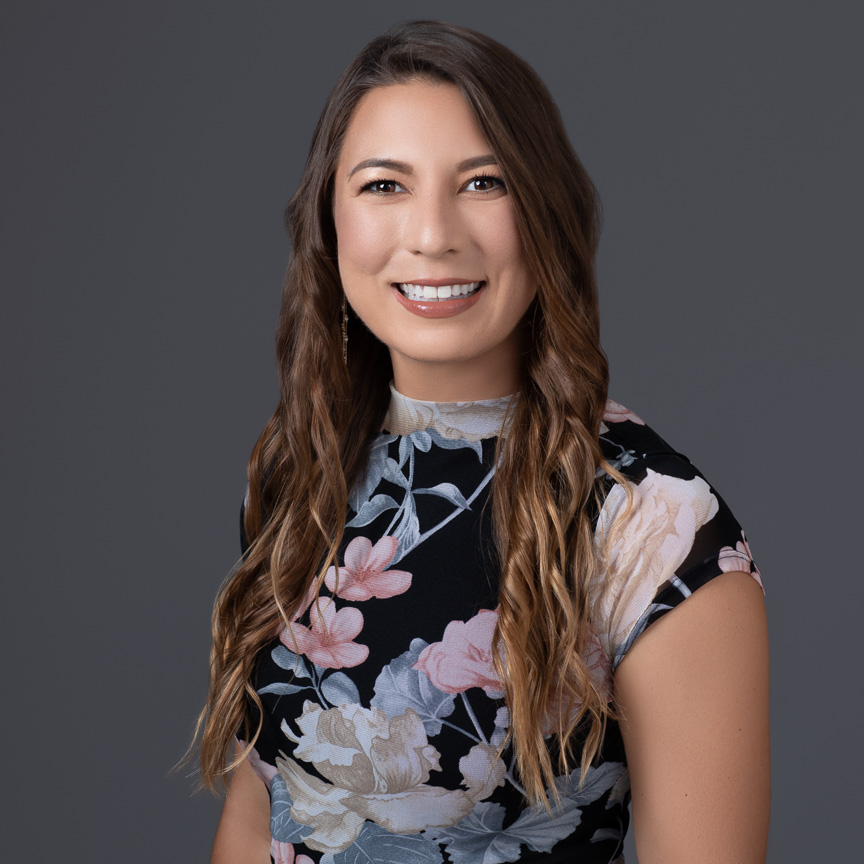Fee Simple vs. Leasehold Ownership in Hawaii
FEE SIMPLE: Fee simple ownership is probably the most familiar form of ownership to buyers of residential property, especially on the Mainland. Fee simple is sometimes called fee simple absolute because it is the most complete form of ownership. A fee simple buyer acquires ownership of the entire property, including both the land and buildings. The fee simple owner does not pay ground rents, but does pay maintenance fees and real property taxes. The fee simple owner has the right to possess, use the land and dispose of the land as he wishes–sell it, give it away, trade it for other things, lease it to others, or pass it to others upon death.
LEASEHOLD: The leasehold interest is created when a fee simple land-owner enters into an agreement or contract called a ground lease with a lessee. A lessee buys leasehold rights much as one buys fee simple rights; however, the leasehold interest differs from the fee simple interest in several important respects. First, the buyer of residential leasehold property does not own the land and must pay ground rent. Second, his use of the land is limited to the remaining years covered by the lease. Therefore, the land returns to the lessor, and is called reversion. Depending on the provisions of any surrender clause in the lease, the buildings and other improvements on the land may also revert to the lessor. Finally, the use, maintenance, and alteration of the leased premises are subject to any restrictions contained in the lease.
